Photographs: Amit Dave/Reuters A K Bhattacharya
The Modi govt has used its predecessor’s decisions conveniently so far, but it remains to be seen if it also allows the empowerment of states.
There are many advantages a new political regime enjoys after forming its government at the Centre.
One of them is that it can conveniently put the blame for all the ills of the economy and governance on its predecessor.
Similarly, it can brush up the decisions or proposals that its predecessor had put on hold in view of the impending elections and implement them quickly.
If such decisions are tough and provoke popular protests, it can seek shelter under the excuse that all it did was to implement a decision or a proposal mooted by the previous government.
If they are accepted without any ruffling of feathers, the new government can take credit for its purposeful and effective governance!
Please click NEXT for more...
Why the FM should not repackage older policies in the Budget
Image: Diesel price hike is currently being done in phases.Photographs: Reuters
The National Democratic Alliance (NDA) government led by Narendra Modi completed 30 days in office last week and a few of its decisions in this period followed precisely this pattern of using its predecessor’s decisions conveniently to gain political advantage.
For instance, the monthly cycle of raising diesel prices by half a rupee a litre was continued without any change from what the United Progressive Alliance (UPA) government was doing for the last several months, barring a short interval when the code of conduct enforced by the Election Commission prevented such a decision from being taken.
A few senior appointments in the government, endorsed by the UPA government, were also similarly ratified.
All such decisions were hailed as a sign of a government that meant business and believed in prompt action.
It is significant that they also went down well with the people and the political classes, including those in the government.
Please click NEXT for more...
Why the FM should not repackage older policies in the Budget
Image: The government recently rolled back railway fare hike.Photographs: Navesh Chitrakar/Reuters
On the other hand, the decision on a steep hike in railway fares for passengers and freight rates for goods met with political resistance not only from the Opposition parties, but also from influential sections within the Bharatiya Janata Party (BJP).
The decision, however, was justified on the ground that it had been taken by the UPA government and had been put on hold, and all that the Modi government did was implement it.
Indeed, this argument became a convenient excuse for rolling back the proposed hike in suburban railway fares for passengers travelling up to 80 kilometres.
The rollback was a major decision since suburban railway travel accounts for more than half of the annual losses of Rs 26,000 crore (Rs 260 billion) the Indian Railways suffers on account of running passenger services in the country.
In spite of that, the rollback or the exit route was politically easy because it had been introduced as an action only to implement the UPA’s decision.
Please click NEXT for more....
Why the FM should not repackage older policies in the Budget
Image: The UPA government had decided to raise gas price from $4.2 per million British thermal unit (mBtu) to around $8.4 per mBtu from April 1 this year, but failed to implement it as the code of conduct enforced by the Election Commission came in the way.Photographs: Reuters
Seen in this context, the petroleum and natural gas ministry’s arguments before the Cabinet on the contentious issue of increasing the price of domestically produced gas acquire a special significance.
The UPA government had decided to raise gas price from $4.2 per million British thermal unit (mBtu) to around $8.4 per mBtu from April 1 this year, but failed to implement it as the code of conduct enforced by the Election Commission came in the way.
For the NDA government, it was just like the case of the railway fare and freight hike.
It could have raised the price arguing that the UPA government had already decided it. And if there was a major uproar over the price increase, it could have done exactly what it did with the railway fare and freight hike issue.
It could have reduced the extent of the increase to bring down its impact on inflation and subsidies and yet make it acceptable to the gas producers without any further delay.
Please click NEXT for more...
Why the FM should not repackage older policies in the Budget
Image: RIL's KG-D6 facility located in Andhra Pradesh.Photographs: Reuters
That the Modi government’s Cabinet finally chose to avoid the easy path and opted for a fresh review of the formula to be used to allow an increase in gas prices shows that there is some independent thinking going on in the petroleum and natural gas ministry, in particular.
The gas price issue had become politically controversial and had become an issue even during the recent Lok Sabha election campaign.
The ministry, therefore, must have decided to avoid all such risks and take a considered decision after a fresh review. For all we know, it may still decide to stick to the price decided by the UPA or make a marginal downward revision, but the NDA government clearly wants to own up to whatever decision it takes on the gas price issue and will like to be solely held responsible for it.
Please click NEXT for more...
Why the FM should not repackage older policies in the Budget
Image: Finance Minister Arun Jaitley (LEFT) along with RBI governor Raghuram Rajan.Photographs: Reuters
Going forward, it will be interesting to see how Finance Minister Arun Jaitley looks at some of the key expenditure decisions that the UPA government had outlined in its interim Budget presented in February this year.
For instance, the interim Budget had proposed a major shift of a large number of central schemes to state plans. It had, therefore, been envisaged that the central assistance for states and union territory plans would go up substantially.
In other words, the Centre would have far less money to play around with in terms of spending on various schemes and instead the states would have at their disposal those resources, transferred to them by way of central assistance.
Please click NEXT for more...
Why the FM should not repackage older policies in the Budget
Image: The masses expect positive reforms from the Budget.Photographs: B Mathur/Reuters
This would obviously be hailed as empowerment of the states, allowing them to spend the money on schemes the way they think would get the best results.
The idea should appeal to the Modi government, which has sworn itself to “co-operative federalism” where the chief ministers of states are equal stakeholders in decisions and policies of national significance.
But its implementation would also mean a substantial dilution of the Centre’s financial powers over the states — a privilege it has been enjoying for years.
The question is: will the NDA government implement this decision of the UPA as well or take a fresh view?

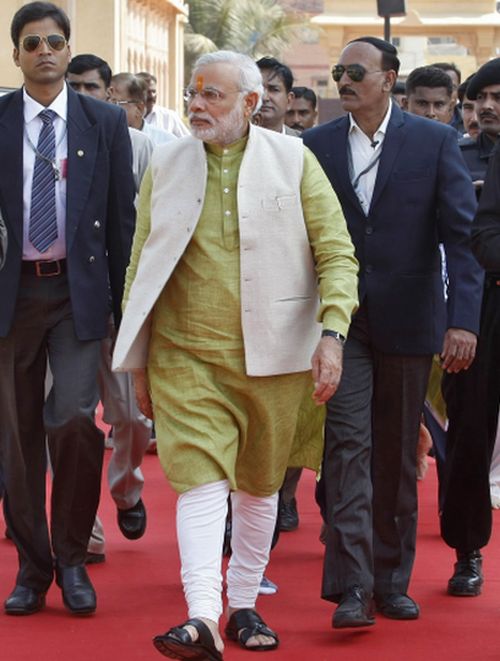
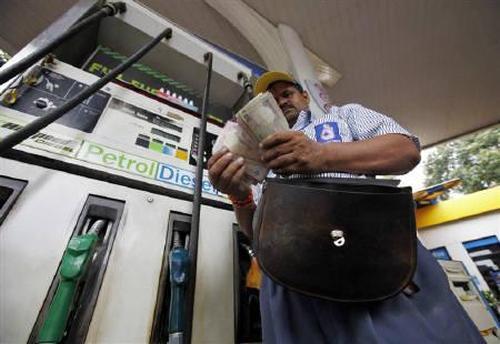
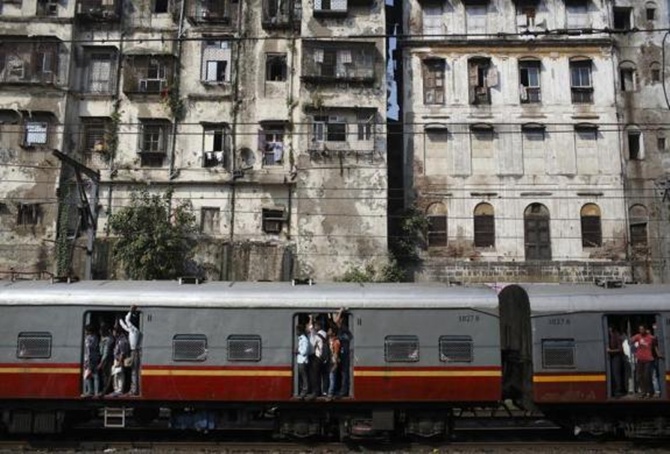
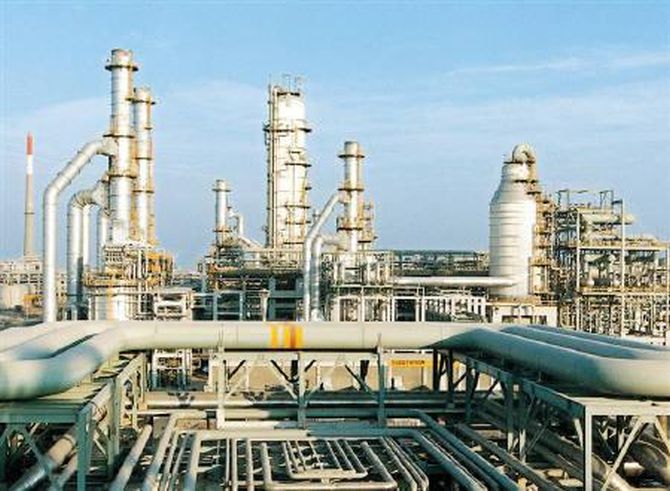
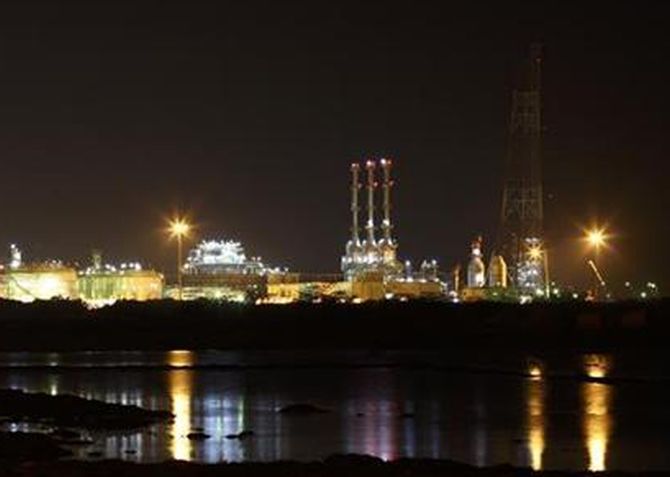
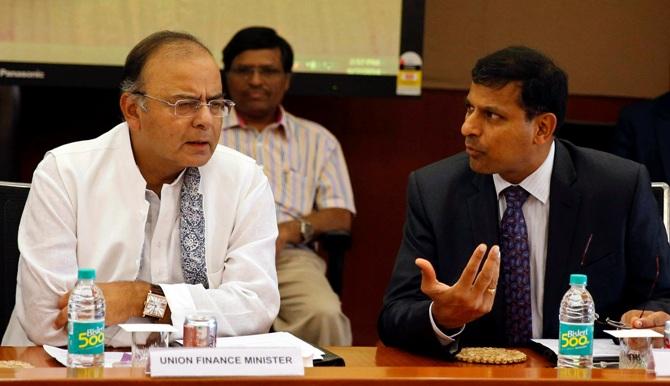
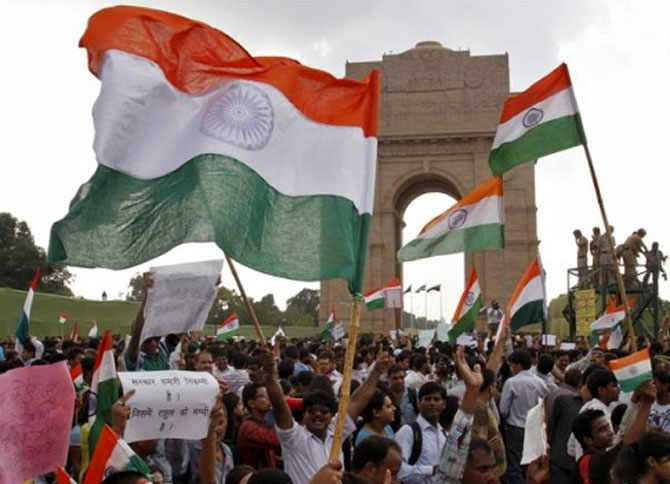

article